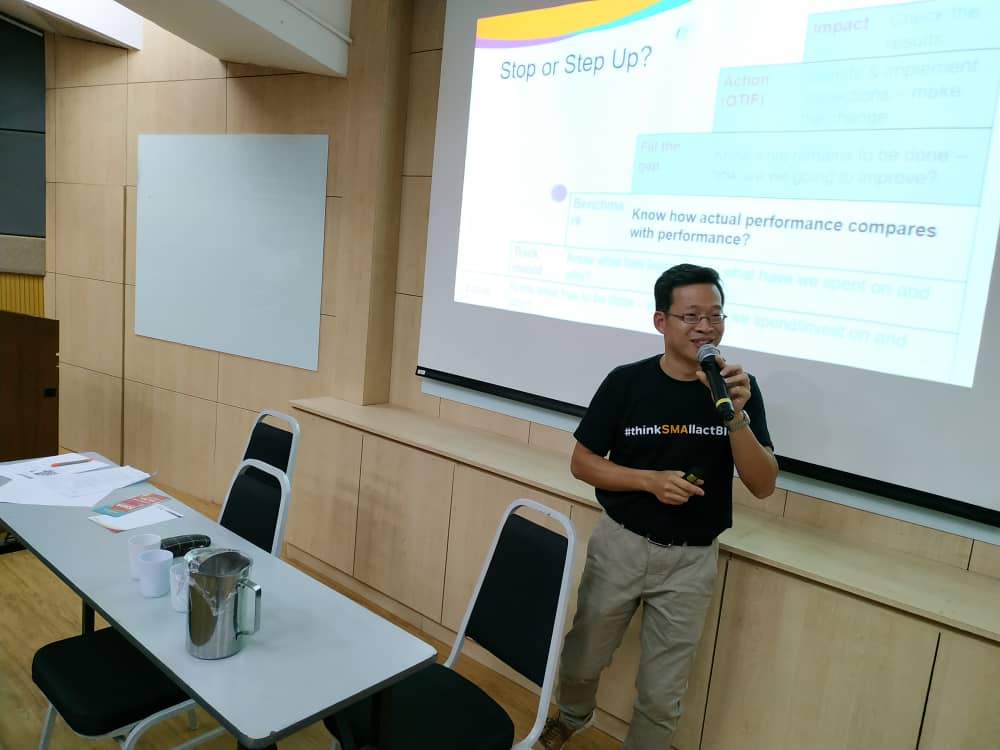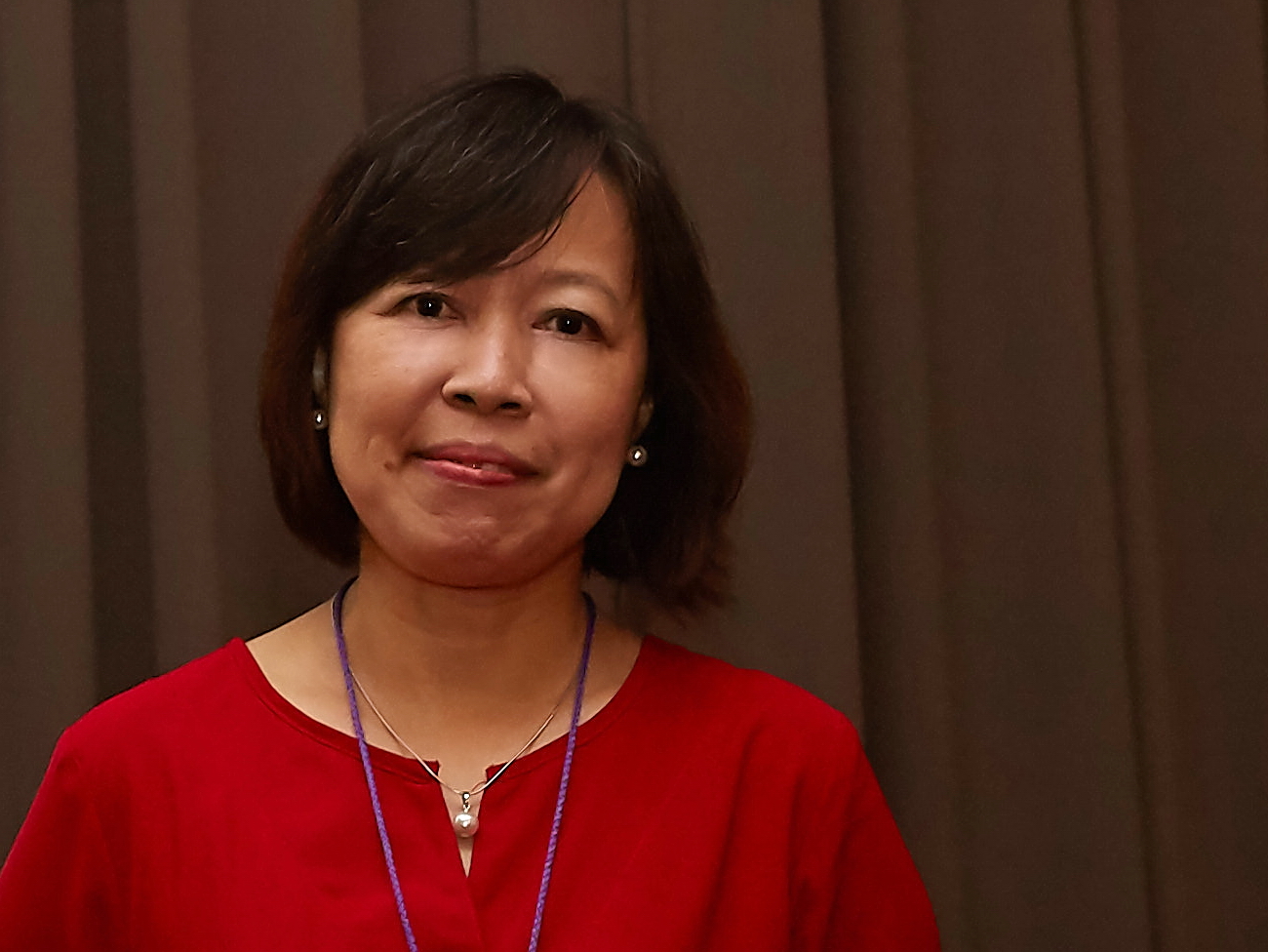KUALA LUMPUR, Oct 8 — Patient groups have called for a bigger allocation under the upcoming Budget 2020 for innovative cancer treatments and new earmarked funding for rare disorders.
The Cancer Care Working Group, a coalition of individuals working for improvements in outcomes, treatment and care of cancer, also urged the government to increase allocations for university hospitals under the Education Ministry, amid research that found cancer patients at such facilities were more likely than those at Ministry of Health (MOH) hospitals to suffer financial catastrophe.
These are the suggestions by three patient groups for the federal Budget 2020 that will be tabled this Friday:
Society For Cancer Advocacy and Awareness Kuching president Sew Boon Lui
Budget suggestions I submitted to MoF (Ministry of Finance):
- Increase budget for cancer treatments beyond basic or standard drugs.
- Increase budget to build better hospital infrastructure and to increase cancer units in more hospitals.
- Increase budget to train, develop and compensate doctors in public hospitals so as to retain them for continual service.
- Provide tax relief for cancer patients and their spouse.
- Increase budget for cancer awareness, screening, and prevention campaign.
- Invest in increasing resources to provide psycho-social support for cancer patients to reduce default rates.
As claimed by our Health Ministry: Cancer affects one in four Malaysians throughout their lifetime up till 75 years old. With 25 per cent of the population that will fall into this life-threatening sickness, it means at least 15 per cent of the workforce below 60 may be lost in the economy build-up for this nation, if they’re not given the right access to treatment.
Productive economy comes from a productive workforce who are healthy. Therefore, invest generously and wisely our budget on the health care system from the taxpayers’ hard-earned money, please, if we truly want to develop and sustain our nation’s economy.

Edmund Lim, advocate for spinal muscular atrophy (SMA) and other rare disorders
In reality, the Budget is essentially a political process trading between different priorities and sectors. However, I expect that resource allocations will better satisfy the range of health needs in a more equitable way, and look forward to improved formulation, allocation and use of budgeted resources for health.
I urge the government to:
Prioritise health within the overall government budget. Shared prosperity depends on the productivity and talent of people, and people can only perform at their best when supported with complete satisfactory medical care and treatment that is provided on time.
Distribute health care resources more fairly towards those with rare chronic and complex disorders, who suffer under significant unmet needs and are left behind.
Edmund Lim, advocate for SMA and other rare disorders
When combined, this community is large, and more funding and new earmarked funds are needed to:
- Give an accurate diagnosis as quickly as possible.
- Provide satisfactory standards of care.
- Gain prompt access to life-saving drug therapies.
- Educate health professionals.
- Promote underserved areas, such as children’s neurology and neuromuscular, children’s palliative care, and genetics, and
- Improve health systems, policies, technology, legislation, procedures, culture, attitudes and ways of working.
Introduce means-tested co-payment to promote better self-care and reduce wastage.
Cancer Care Working Group
Government to address the inequality between Ministry of Health and Ministry of Education hospitals, which have resulted in disparity of costs and services, particularly in the treatment of non-communicable diseases such as cancer.
The allocations for medical treatment in university hospitals under the Ministry of Education should be increased to allow them to provide the same level and quality of health care to the Malaysian public without being forced into charging higher fees than MOH hospitals as part of cost recovery. All public hospitals should be able to charge the same standard fees.
The government should also revise the existing Ministry of Health regulations which cause patients being referred from the private sector and university hospitals to be charged first class fees. Last October, Health Minister Dr Dzulkefly Ahmad agreed that this practice was unfair. He also said that the government would review it.








